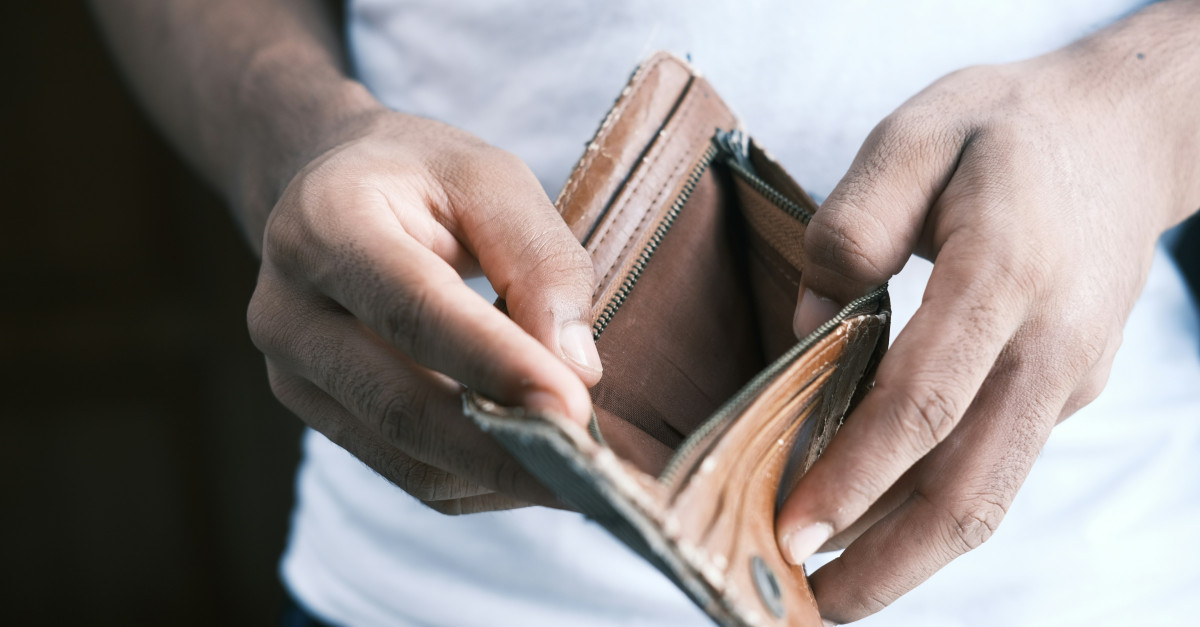A declined card at the grocery store. Reminders from your landlord. A pile of unopened bills. A sense of panic every time your phone rings. If you’re in a place where credit is maxed out, rent is overdue, bills are unpaid, and you feel hopelessly in debt, you’re not alone—and you’re not without options.
Remember To Breathe
Is this a moment of crisis? Yes. But it’s also a moment of decision and redirection. Here’s how to begin digging out—emotionally, practically, step by step.
Getting A Grip
First, take a deep breath. It’s easy to internalize shame in a debt crisis, but remember: debt is a situation, not a moral failing. Millions of people have been where you are and have made it through. Stress and fear cloud your judgment, so begin by calming your mind enough to take clear action.
Prioritize The Essentials
Not all debts are equal. Focus first on what keeps you safe and functioning: Contact your landlord and be honest. Many landlords are willing to work with tenants, especially if they know you’re trying. Ask your utility providers about hardship programs, payment deferrals, or reduced plans. Look into local food banks or community services. Ask for help—it’s there for times like this. If you need transportation to work and/or access to medications, prioritize maintaining these.
Stop The Bleeding
If your credit cards are maxed and your checking account is empty, stop using credit if possible. Avoid payday loans, which just dig you a deeper hole with sky-high interest rates. Write down your total monthly income—even if it’s small or inconsistent—and compare it to your essential expenses. Don’t try to balance a budget yet, just look at the truth of your situation on paper and start dealing with some hard numbers.
Come Clean With Your Creditors
This is the hardest step emotionally, but one of the most important. Call your lenders and explain your situation. Many creditors offer temporary hardship programs, lower interest rates, payment suspensions, or debt restructuring options. Credit card companies don’t want you to default—they’d rather help you pay something than nothing.
Seek Professional Advice
Avoid debt-settlement companies that charge high fees upfront. Instead, seek out the help of nonprofit credit counseling services, such as those approved by the National Foundation for Credit Counseling (NFCC). Legal aid offices can help if you're being threatened with eviction or legal action. Look for community organizations that assist with emergency rent, food, or utility bills. These professionals can help you make a realistic debt plan and might even negotiate with creditors on your behalf.
Consider a Side Hustle or Temporary Income Boost
It won’t fix everything overnight, but small income increases—like rideshare driving, delivery apps, or freelance gigs—can bridge short-term gaps or cover urgent bills. Even an extra $100–200 a week can be the difference between sinking deeper and staying afloat. Every bit helps.
Maintain Your Sanity
Debt-related stress can feel crushing. Talk to someone—a friend, counselor, or financial therapist. You’re not broken. You’re in a hard spot, but it’s one that millions have recovered from. Even just talking about it helps ease the inner turmoil that comes with financial despair.
Down, But Far From Out
It may feel like the walls are closing in, but this moment doesn’t define your future. Start with what you can control: call, plan, speak up, and ask for help. Every call you make, every form you fill out, every dollar you save is a step out of the abyss. You’re not hopeless—you’re in progress. Keep moving. You don’t have to be perfect. You just have to keep going.
You May Also Like:
Wasteful Expenses That Are Keeping You Poor, According To Warren Buffet










